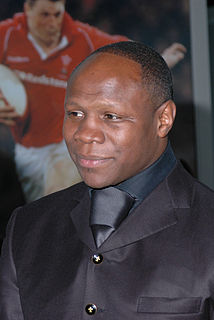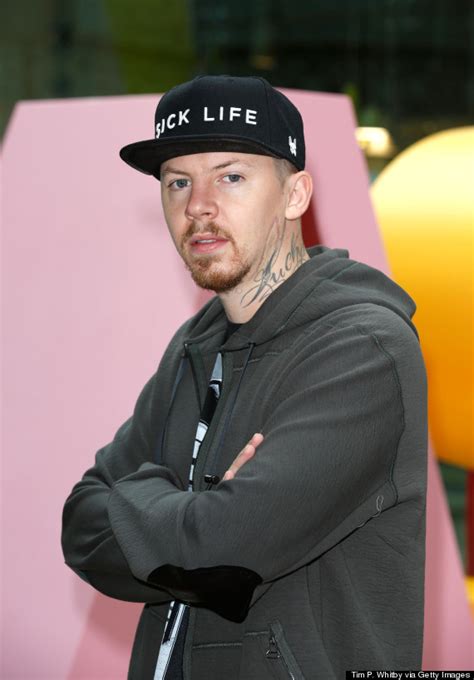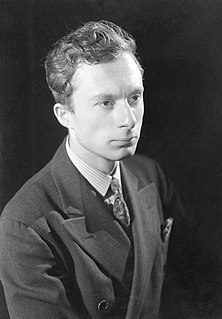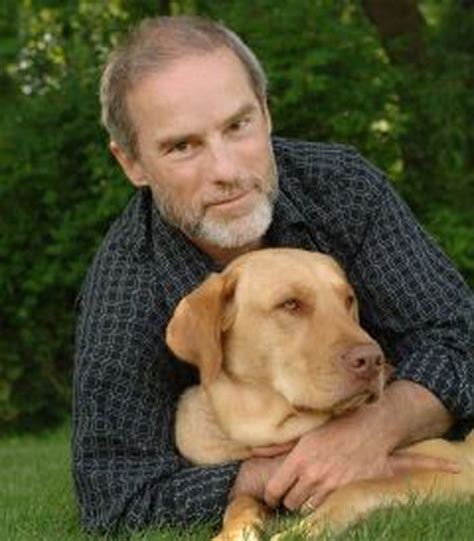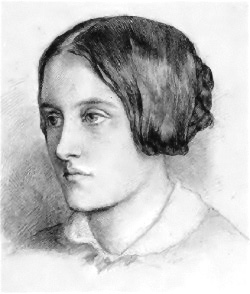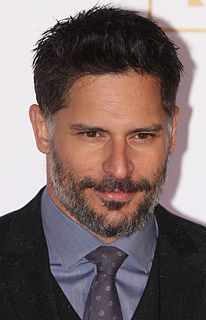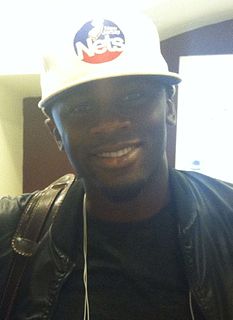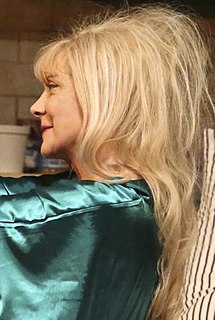A Quote by Chris Eubank Sr.
My father, who was illiterate, smoothed iron for Ford Dagenham and we'd get up at 5;30 A.M. to give him a jump-start. My mother was a nurse and part of the Windrush generation. Growing up in east London, we were financially poor, but rich in hope and dignity, and we were happy.
Related Quotes
All through the short afternoon they kept coming, the people who counted themselves Father's friends. Young and old, poor and rich, scholarly gentlemen and illiterate servant girls—only to Father did it seem that they were all alike. That was Father's secret: not that he overlooked the differences in people; that he didn't know they were there.
It had long been true, and prisoners knew this better than anyone, that the poorer you were the more likely you were to end up in jail. This was not just because the poor committed more crimes. In fact, they did. The rich did not have to commit crimes to get what they wanted; the laws were on their side. But when the rich did commit crimes, they often were not prosecuted, and if they were they could get out on bail, hire clever lawyers, get better treatment from judges. Somehow, the jails ended up full of poor black people.
I think of my father growing up in South Jersey, the son of second-generation German immigrant glassblowers. The opportunities for him of feeling that aspiration, that yearning, get out of the small town, connect to a larger world, get yourself to New York, wanting to play the piano at every opportunity, bonding with people who were on a similar path, ending up in Provincetown, which was kind of nexus for nonconformity, and artistic dropout reality.
